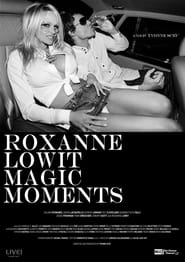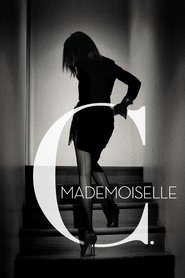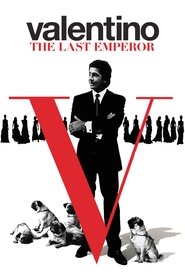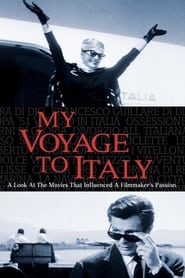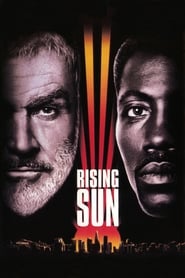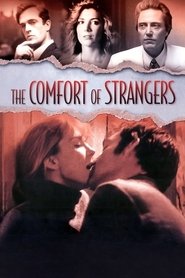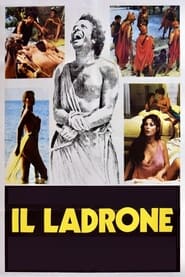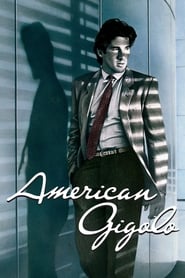Giorgio Armani
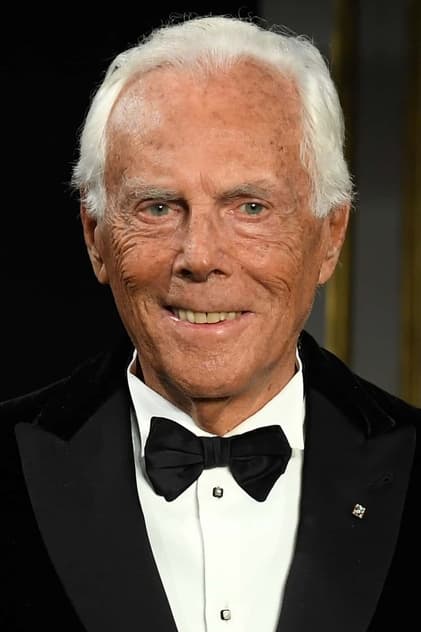
Known For: Acting
Gender: Male
Date of Birth: July 11, 1934 (91 years old)
Place of Birth: Piacenza, Emilia-Romagna, Italy
Giorgio Armani is an Italian fashion designer, particularly noted for his menswear. He is known today for his clean, tailored lines. He formed his company, Armani, in 1975, and by 2001 was acclaimed as the most successful designer to come out of Italy, with an annual turnover of $1.6 billion and a personal fortune of $7 billion as of 2012. Born in northern Italy, Armani originally studied medicine at the Catholic University of the Sacred Heart before leaving the field of medicine after working in a hospital during his military service. After leaving the military, Armani started in fashion a window dresser at La Rinascente, a department store in Milan before quickly climbing store ranks. In the mid-1960s, Armani moved to the Nino Cerruti company, for which he designed menswear over the next decade while also freelancing for up to ten manufacturers. In 1973, he open a design office in Milan, leading to great personal success and networking among Italy’s fashion elite, leading him to found the Giorgio Armani Spa in Milan with his friend Galeotti, and presenting collections under his own name for the first time. In 1979, after founding the Giorgio Armani Corporation, Armani began producing for the United States, where the label became a leading names in international fashion introduced several new product lines. These successes would lead him to numerous commercial deals with notable fashion and beauty houses, such as L’Oreal. By the early 90s, Armani expanded his talents to cinema, both for personal and financial reasons. Designing costumes for more than one hundred films, including American Gigolo and The Untouchables, Armani quickly established himself as a go-to designer for Hollywood. Armani designed made-to-measure suits for Christian Bale's character Bruce Wayne in The Dark Knight and subsequent “Giorgio Armani for Bruce Wayne” collections in 2008. His brand continues to succeed in the new century, with recognition for artistic merits, profitable commercial partnerships, and public work such as designing uniforms for Olympic Athletes.

